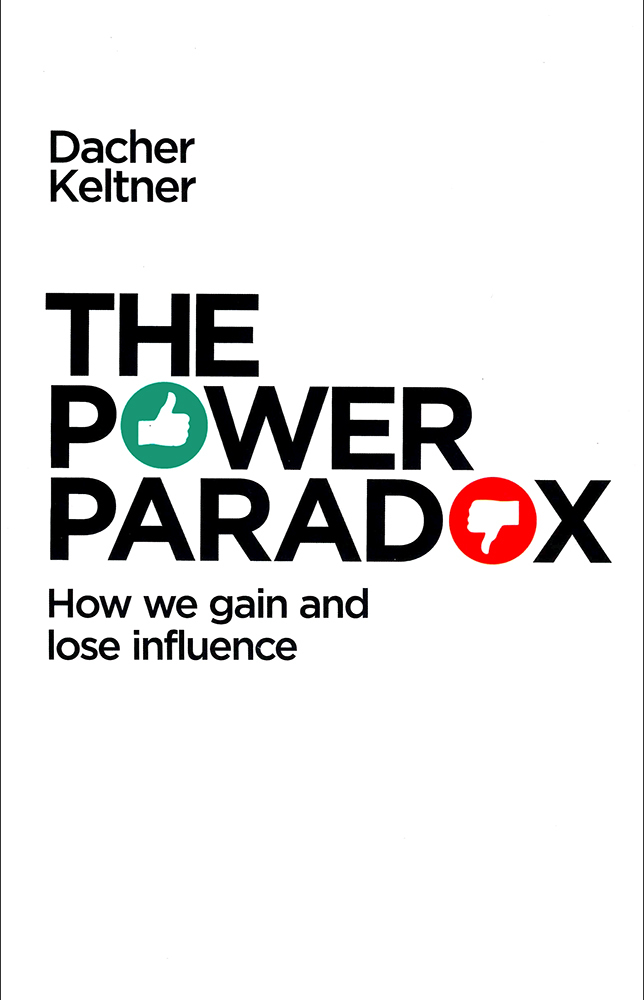
The Power Paradox
How We Gain and Lose Influence
The Power Paradox depends on finding a balance between the gratification of your desires and your focus on other people. It is about bringing out the good in others to make strong collectives: empathizing, giving, expressing gratitudeand telling stories. All four practices make other people feel worthwhile and make them feel delighted. This is the basis for strong, mutually empowered ties. You can lean on each other to enhance power at any moment of the day by stirring others to effective actions. At its core, power is about changing other people’s lives. Power is part of every relationship and interaction, regardless whether it concerns children, family, communities or business. Our power is found in simple acts that bond people. The difference we make in the world depends on raising the right question, offering encouragement, connecting people who don’t know one another, suggesting a new idea. Power is surprisingly available in all daily acts of social life. Power corresponds to the human ability not just to act, but to act in concert. Power is never the property of an individual; it belongs to a group.